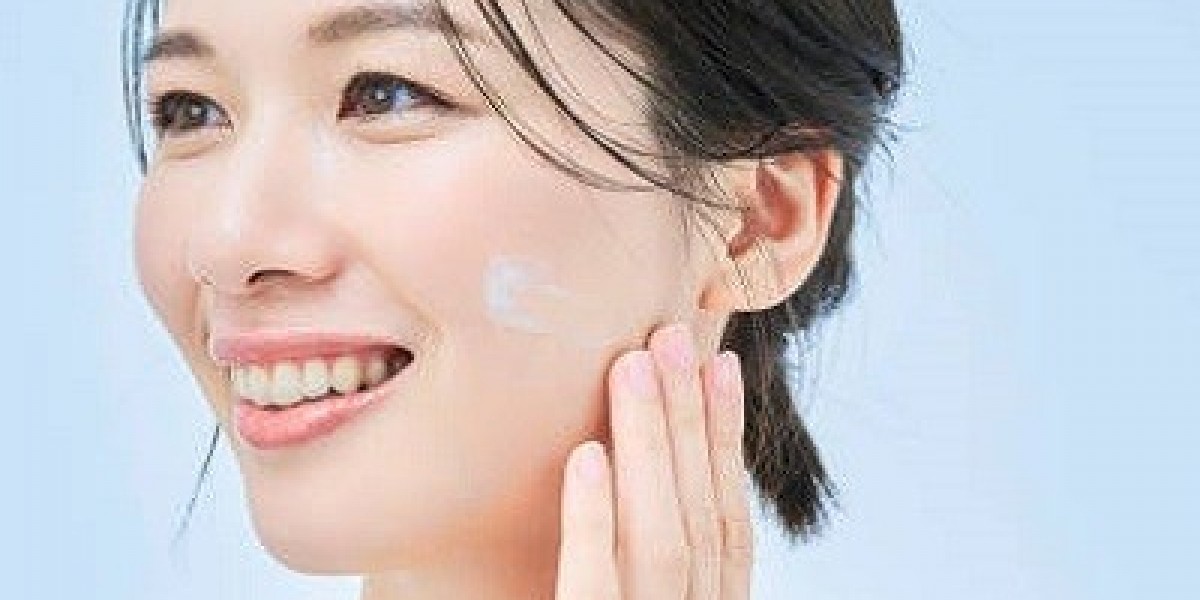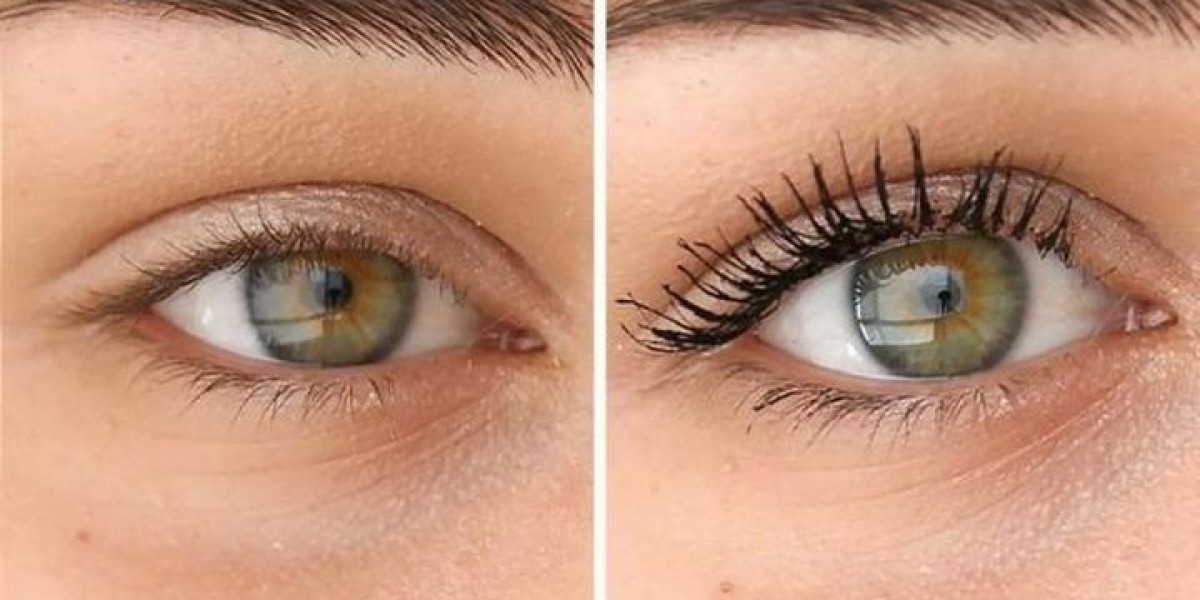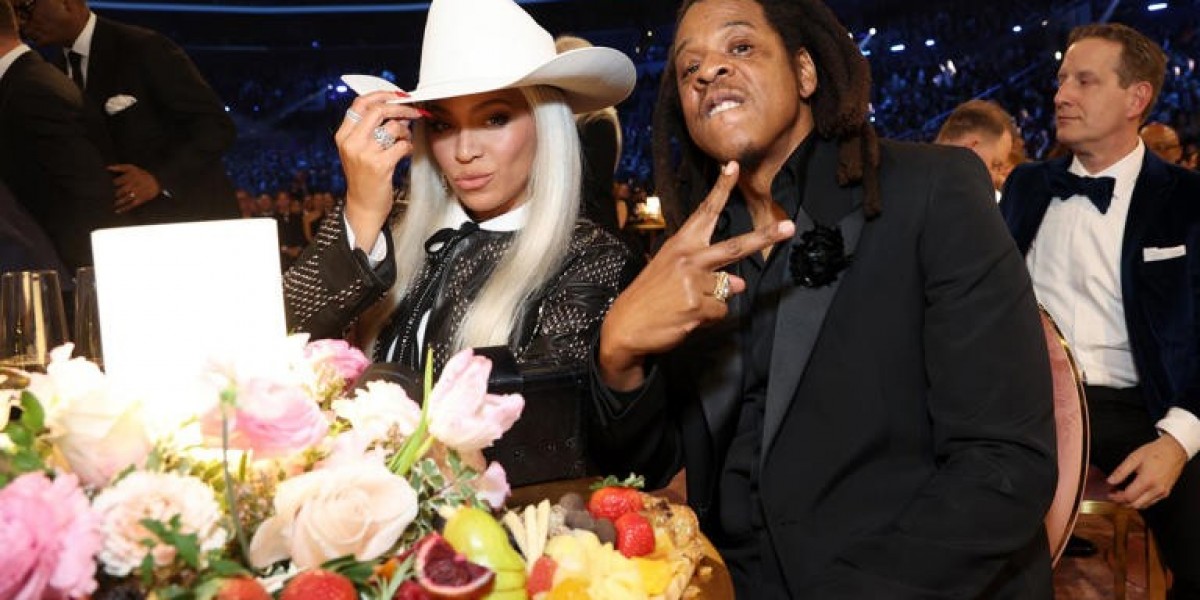In Islamabad, where tradition meets modern lifestyle, beauty trends often reflect deeper social values. One such trend that continues to shape the skincare landscape is skin whitening. Skin whitening in Islamabad is not just about cosmetic enhancementit ties into cultural beliefs, media influence, and a growing beauty economy. But alongside these long-standing ideals, a new wave of awareness is emerging. More and more people are beginning to question what fairness really means, and whether it's worth the health risks or emotional toll.
In this article, we take a closer look at the realities of skin whitening in Islamabad, explore the reasons behind its popularity, and examine how attitudes are shifting toward healthier, more inclusive definitions of beauty.
The Cultural Backdrop of Skin Whitening
The desire for fairer skin in Islamabadand across South Asiais rooted in centuries-old perceptions. Fairness has historically been associated with beauty, wealth, purity, and higher social status. These ideals have been reinforced over generations through literature, film, and advertising. From childhood, many individuals grow up hearing comments that suggest lighter skin is superior or more attractive.
In Islamabads society, where reputation and presentation often play a key role in social mobility, skin whitening is still seen by some as a way to improve self-image or gain acceptance.
The Skincare Market and Whitening Products
A stroll through any cosmetic shop or pharmacy in Islamabad will show how deeply embedded the concept of skin whitening remains. Shelves are lined with products that promise to lighten, brighten, or give a fair glow. These include:
Whitening creams and lotions
Facial washes labeled fairness or brightening
Skin-lightening serums
Whitening facial kits offered at salons
Despite increased consumer knowledge, many of these products still contain harmful substances such as mercury, hydroquinone, or potent steroids. These can lead to serious skin issues like thinning, discoloration, burns, or long-term sensitivity.
What makes the trend more persistent is the way these products are marketedoften featuring light-skinned models with flawless complexions and catchy slogans that subtly imply success is tied to fairness.
The Psychology Behind the Trend
Skin whitening in Islamabad is not just a surface-level concern. For many, it touches on deeper issues of self-worth and identity. In a society where job opportunities, marriage prospects, and social standing can sometimes be influenced by appearance, the pressure to conform to beauty ideals is significant.
Women often face higher expectations in this regard. From bridal expectations to social gatherings, the demand to look fresh and glowing often translates into using skin-whitening products, whether theyre effective or not.
Men, too, are becoming a major target for fairness products. In Islamabads growing mens grooming market, fairness creams and face washes are commonly advertised and sold, reinforcing that these expectations are not limited by gender.
Changing Narratives: Health and Acceptance
Thankfully, the narrative around skin whitening in Islamabad is beginning to evolve. With the rise of social media, skincare influencers, and dermatologists sharing evidence-based information, more people are learning about the dangers of harsh whitening chemicals and the importance of skin health.
Theres a growing shift toward:
Glowing skin instead of fair skin
Embracing natural skin tones
Using products with safe, nourishing ingredients
Protecting skin from the sun with SPF
Addressing hyperpigmentation with clinically supported treatments
Local influencers are playing a major role in this transformation. Many now speak openly against unrealistic beauty standards and instead promote messages of self-acceptance, body positivity, and confidence in one's natural appearance.
The Rise of Conscious Skincare
Rather than whitening, many skincare users in Islamabad are now focused on improving skin quality. This includes addressing real concerns like acne, texture, dullness, or uneven tone using safe, gradual solutions such as:
Vitamin C for brightness
Niacinamide for spots and oil control
Licorice extract and kojic acid for mild lightening
SPF to prevent sun damage
Gentle exfoliants for smoother skin
DIY home remedies remain popular as well, especially those rooted in tradition, like turmeric masks, honey treatments, and sandalwood pastesremedies known more for improving radiance than altering skin tone.
The Role of Media and Education
As more voices join the call for change, the media is beginning to respond. Advertising campaigns are starting to feature models with diverse skin tones. Discussions about colorism, confidence, and redefining beauty standards are finding space in both mainstream and digital platforms.
Schools, colleges, and mental health counselors in Islamabad are also beginning to address self-image issues, especially among teens who face intense peer and online pressure.
This rise in awareness doesnt mean the whitening trend is gonebut it does suggest that more people are becoming mindful of the bigger picture.
Conclusion: Looking Beyond Skin Tone
Skin whitening in Islamabad is still widespread, but change is visible. While many still seek lighter skin due to cultural conditioning, theres a rising movement that values skin health, authenticity, and self-respect more than an artificially fair appearance.
The path forward lies in encouraging open conversations, educating consumers, and promoting beauty standards that celebrate all shades. Its time to move beyond outdated ideals and redefine beauty to reflect confidence, care, and individualitybecause true radiance starts from within.







